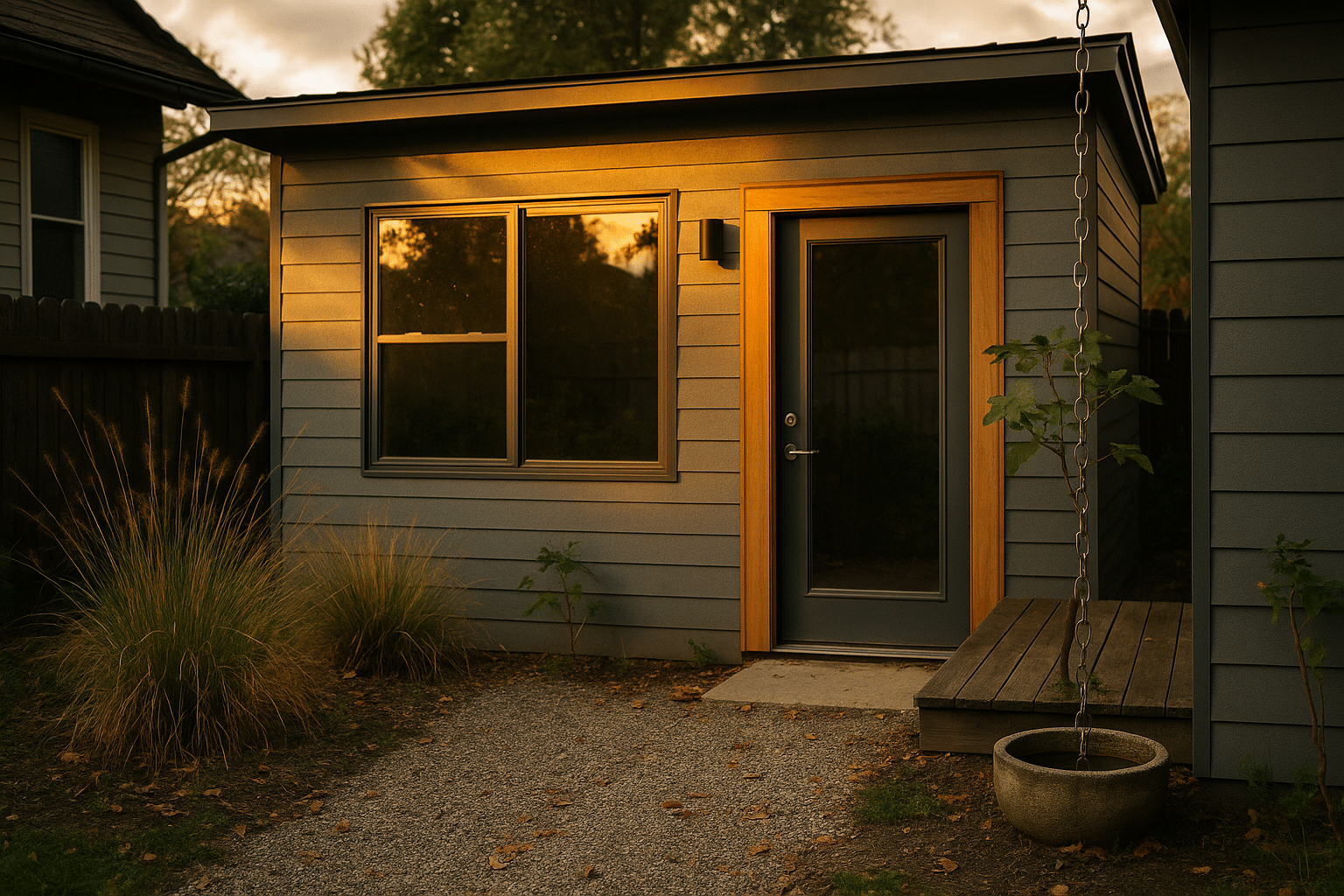
Guide to Housing Programs for Single Mothers
Introduction to Housing Programs for Single Mothers
Single mothers often face unique challenges in securing stable and affordable housing. With the responsibilities of raising children and managing a household on a single income, finding suitable housing can be daunting. However, there are various housing programs specifically designed to assist single mothers, providing them with the necessary support to maintain a safe and secure home environment. This guide explores different housing assistance options available for single mothers, aiming to offer practical insights and valuable information to help them navigate the housing landscape effectively.
Federal Housing Assistance Programs
One of the primary avenues for housing support for single mothers is through federal programs. These initiatives are designed to provide financial assistance and ensure access to affordable housing. The Section 8 Housing Choice Voucher Program is a well-known federal initiative that helps low-income families, including single mothers, afford decent housing in the private market. Participants receive vouchers to cover a portion of their rent, making it easier to find a suitable home. Additionally, the Public Housing Program offers rental housing at reduced rates, managed by local housing authorities, specifically catering to low-income families.
Another notable program is the Family Unification Program (FUP), which provides housing assistance to families in need, including single mothers, to prevent separation due to inadequate housing. By collaborating with child welfare agencies, FUP ensures that families remain united in a stable living environment. These federal programs are crucial in alleviating the financial burden of housing and promoting family stability.
State and Local Housing Initiatives
In addition to federal programs, state and local governments offer various housing initiatives tailored to the needs of single mothers. These programs often complement federal assistance, providing additional resources and support. For instance, many states have implemented rental assistance programs that offer financial aid to cover rent and utilities, ensuring that single mothers can maintain their homes without financial strain.
Moreover, local housing agencies often collaborate with community organizations to provide transitional housing options for single mothers who may be experiencing homelessness or housing instability. These transitional programs offer temporary housing solutions along with support services, such as job training and childcare, to help single mothers regain independence and secure permanent housing. By leveraging state and local resources, single mothers can access a broader range of housing options, tailored to their specific circumstances.
Non-Profit Organizations and Community Support
Non-profit organizations play a significant role in supporting single mothers seeking housing assistance. These organizations often provide comprehensive support services, including housing counseling, financial literacy programs, and emergency shelter options. For example, housing counseling services educate single mothers on budgeting, credit repair, and navigating the rental market, empowering them to make informed decisions about their housing options.
Community support networks also offer valuable resources, such as support groups and mentorship programs, to help single mothers connect with others facing similar challenges. These networks provide emotional support, practical advice, and a sense of community, which can be instrumental in overcoming housing-related obstacles. By tapping into these non-profit and community resources, single mothers can access a wealth of support, enhancing their ability to secure stable housing.
Tips for Navigating Housing Assistance Programs
Navigating the various housing assistance programs available can be challenging, but with the right approach, single mothers can maximize their chances of securing support. Here are some practical tips:
- Research Thoroughly: Familiarize yourself with the different programs and eligibility criteria to identify the options that best suit your needs.
- Stay Organized: Keep track of application deadlines, required documents, and follow-up actions to ensure a smooth application process.
- Seek Guidance: Reach out to housing counselors or local housing authorities for assistance in understanding program requirements and completing applications.
- Network with Others: Connect with other single mothers who have navigated housing programs to gain insights and advice from their experiences.
By following these tips, single mothers can effectively navigate the housing assistance landscape, increasing their chances of securing the support they need to provide a stable home for their families.
Conclusion: Empowering Single Mothers through Housing Support
Housing programs for single mothers are essential in providing the stability and security needed to raise a family. By leveraging federal, state, and local resources, as well as non-profit and community support, single mothers can access a range of housing options tailored to their specific needs. Understanding and navigating these programs can be challenging, but with the right information and support, single mothers can overcome housing barriers and create a nurturing environment for their children. Empowering single mothers through housing support not only benefits individual families but also strengthens communities as a whole.


